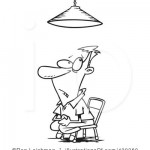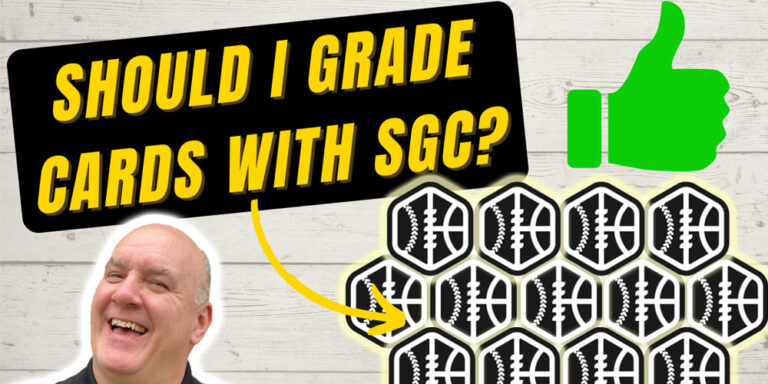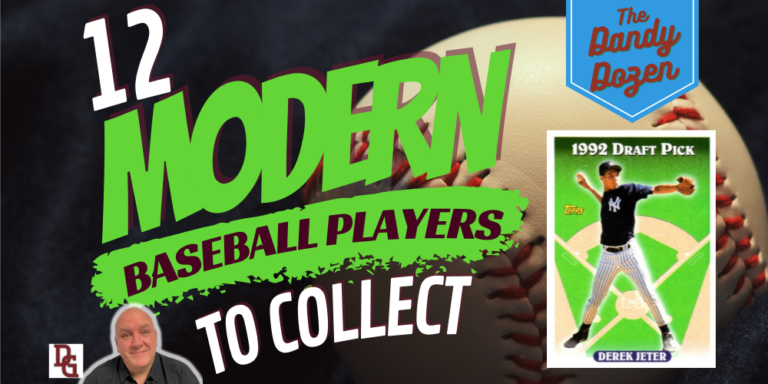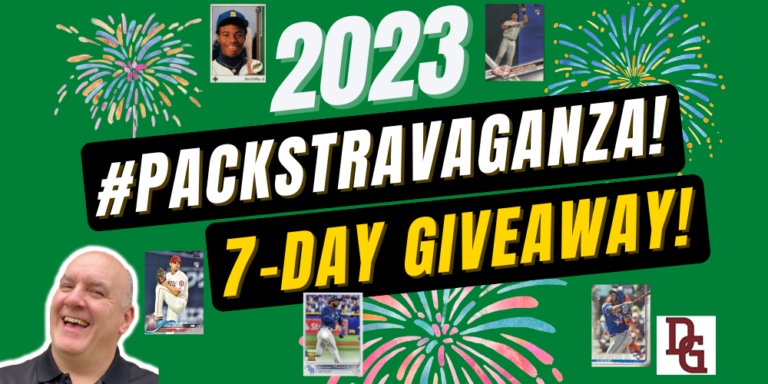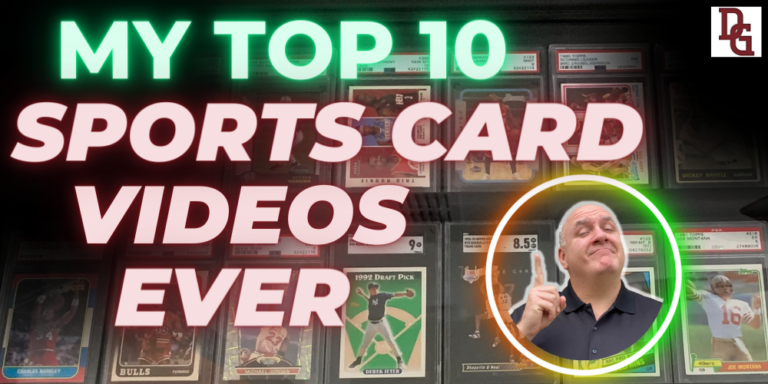I am not going to lie, this week besides Interrogate the Industry (of course), I didn't focus much on baseball. I guess I did slightly, as my oldest started her first season in T-Ball, but other than that my mind was on other things. Besides the entertainment of watching a mob of kids charge at …
Interrogate the Industry No. 7: Renee Miller
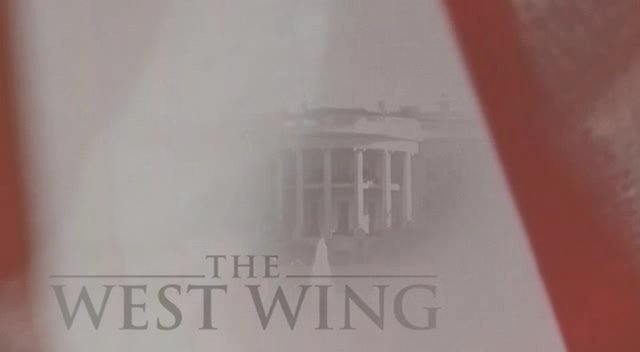
I am not going to lie, this week besides Interrogate the Industry (of course), I didn’t focus much on baseball. I guess I did slightly, as my oldest started her first season in T-Ball, but other than that my mind was on other things. Besides the entertainment of watching a mob of kids charge at a ball, or someone slug a ball off the tee and then proceed to sprint with a bat down third base, baseball was in the back of my mind. Fantasy Football season approaches, and with that Fantasy Football articles and preparation.
I am doing most of my Fantasy Football work at Fakepigskin this season, and the 2014 draft guide will be out soon. I’ve completed my Football tasks so far with no issues, so I am back on the Fantasy Baseball kick, and will remain true to my favorite Fantasy sport the rest of the way.
It has been a rough 1st half of the Fantasy Baseball season for myself and most of my squads. Between injuries and under-performing highly drafted players (Chris Davis, Jason Kipnis, and Justin Verlander are just a few) my teams have been fair to middlin’, or worse all season long.
As for the Fantasy writing part of this season it has been awesome however. Being asked to be on podcasts, write for this site, join Fake Pigskin and perhaps even another big site if things go well, has left this season not feeling like a complete waste. There is still hope for some teams too. Hope all of your seasons continue strong, or to improve and see you next week! I was excited to not only reach out to Renee Miller for this weeks post, but to get an exuberant “Yes” and willingness to participate was just as awesome.
Interrogate the Industry: Renee Miller
1. Everyone got their Fantasy Industry start somewhere. Talk about yours as brief or detailed as you like.
I had been playing fantasy football for years before I considered joining the industry. I realized I might have something unique to contribute to the field one day when I was teaching a lab class on cognitive biases. The idea that our brains are basically designed in such a way that we routinely make erroneous, misleading conclusions started to sink in during the fantasy football playoffs in 2011. To be honest, I didn’t have a lot of confidence in my ability to break into the fantasy sports industry, but some part of me figured that if I study the brain as my job and didn’t realize I was making all these mistakes with my own fantasy teams, other people probably were too.
I reached out to Chet Gresham, who was just getting TheFakeFootball off the ground, with a brief article on Cognitive Biases in Fantasy Football. He liked it, published it on the site, and told me I could write whenever I wanted for them. So I did. I wrote something that I still like a lot on the variously painful ways you can lose your playoff matches and what drinks make the best coping strategy for each.
Another article I did on whether a team, or fantasy owner, should be excited about “smart” quarterbacks (Ivy League/guys with high wonderlic scores) caught the attention of Rumford Johnny. He had me on the 2MugsFF podcast in the summer of 2012 to talk about concussions. Both John and Chet have always been really supportive of my work, especially on Twitter.
I took some time off to write my book, and when it came out in July 2013, I started a blog to attempt to promote it. That was noticed by the FantasyDouche, who invited me to write for RotoViz last fall. My work with the amazing team there led to some Sirius/XM Fantasy Sports Radio and Fox Sports Radio guest spots, podcasts/hangouts, and eventually steady writing work at RotoWire and FantasyInsiders, where I’m at now. I owe my current positions to Kyle McKeown at RotoWire and SocrDave at FI. Both of these guys are awesome people with terrific vision for the future of fantasy sports.
The best part of my journey into the fantasy industry has definitely been these–and many other– great people I’ve had the pleasure and honor to interact with.
I’m looking forward to getting back to writing for TheFakeFootball regularly this fall, as well as joining the terrific crew at Pro Football Focus.
2. If there is one thing you could change in the Fantasy Industry right now, what would it be? Why?
I was going to make a joke about the pay, but I don’t want to piss off the wonderful people who pay me, sooooo… The truth is, I don’t have many complaints about the industry. It’s my nature to focus on the positive side of things, so if I do see or hear negative stuff, I tend to ignore it.
3. I know you are a diehard Daily Fantasy Sports gamer. Do you have any basic rules for newbies to the Daily Games, or favorite sites?

I do in fact! I give this kind of advice in a Daily Strategy article every week at RotoWire for NBA and MLB DFSers, many of whom are long time seasonal fantasy players looking to get their feet wet in daily games. My personal favorite site to play on is DraftDay, though depending on the sport, I’ll play FanDuel, DraftKings, and occasionally DraftStreet. DS is where I started playing daily NBA during the 2011 lockout season, so there’s some nostalgia there. A 10-man 50/50 was a big game then, haha. I basically played against BrettFavre444 every night.
The first advice I have is to play a site that offers a lot of beginner games. I know DD and DK both do a great job of this. These games are for people who have played below a certain number of games in that sport, so you won’t be facing any sharks. If you’re truly new to DFS, just play like one double up style (where the top half of the entrants double their buy-in minus rake) game a night for a couple of weeks.
As it is in seasonal fantasy, the recipe for success in DFS is talent plus opportunity. The biggest challenge is learning to optimize your team within the confines of a salary cap. My best advice for anyone playing DFS is to NEVER haphazardly field a team based on a combination of name recognition and salary. Trust me, I dabbled in MLB DFS last summer using something that approximates this ‘strategy’ and did not win a cent. This year I tackled what was a new DFS sport for me the same way I approach NBA or NFL; with research. I played very low volume MLB for about a month, testing out different processes for building lineups. I have written about this pretty extensively at FantasyInsiders, so I won’t go into detail here. The main point: you have to put the work in every day to be successful.
4. The concept of your book Cognitive Bias in Fantasy Sports: Is your brain sabotaging your team? is awesome, and on my “to read list” this summer. Would you mind giving us one snippet, or example of how our brains can trick us?
In the book, I discuss about nine different biases that affect how we play fantasy, after giving some background as to how a bias is formed in the brain and why we would have evolved them in the first place! I’ll tell you a little about Outcome Bias, because this is one that can totally mess up the process I mentioned in the last question.
How it works: If you make a decision—a sit/start, a pick up, a lineup in DFS—and things work out well, you pat yourself on the back and become more likely to make that same decision again. It’s simple positive reinforcement. Yep, we’re all just like lab rats, chasing whatever pleasures trigger that rewarding release of dopamine in our brains. Winning is one of them.
If, however, you make a decision and it doesn’t work out well, you’re likely to look to someone or something else to blame for the failure. Anything but you and your decision-making ‘process’. Herein lies the Outcome Bias—we take credit for decisions that work out and blame others for decisions that don’t.
This can lead to two consequences. First, we are always chasing the good decision…continuing to start a guy that had a great game three weeks ago despite a steady decrease in touches, wildly inflated salary, or whatever. Fantasy sports don’t work like a rat learning the same maze over and over again in the lab—the cheese is always in a different spot for us! We have to develop a process for solving the fantasy sports puzzle, whether over a season or in a single day, that can hopefully mitigate the inherent variability in sports outcomes.
The second consequence is that we don’t take responsibility for our decisions. The only way to get better is to evaluate your own process honestly. That starts with knowing you’ll lose sometimes. It’s inevitable. We need to learn to evaluate our decisions regardless of their outcome in order to become better players. Good decisions can lead to bad outcomes and bad decisions can lead to good outcomes. Trust that truly good decisions will yield the positive results more often.
5. Do you have a favorite Fantasy Sport? Does it correlate with your actual favorite sport?
I have to say that I don’t have either a favorite fantasy sport or real sport, because usually when I’m asked I’ll just want to answer whatever sport happens to be going on right now. If my life depended on it, I guess I’d say NBA is my favorite fantasy sport for both seasonal and daily and NFL is my favorite real sport to watch, but I love baseball too! It’s impossible.
I’m terrible at favorites of anything, because I tend to love whatever I’m in the middle of, whether it’s a book, movie, restaurant, band… I also never want to say something is my favorite, because who knows if/when something even better will come along??
6. Do you think Daily sports could overtake yearly leagues in the near future popularity wise? Perhaps one sport over another like Baseball over Football?
I do not. I know it’s popular to project the rise of DFS, but it won’t be in the near future. The average guy in my non-expert leagues has never heard of it. I’d guess 1/12 regular guys that play seasonal has heard of DFS or FanDuel. Those that have heard of it are skeptical and/or intimidated.
If anything, my prediction would be that football DFS leads the growth for two reasons. First, it’s the most popular seasonal fantasy sport, and the most popular sport that the average fan watches. Therefore, more people should feel confident with the player pool and their ability to manage a lineup.
Second, NFL is really weekly fantasy sports, not daily. Plus the season is (sadly) short. The grind of MLB and NBA is too much for many people. If you take my advice and put together a research process that you use to make lineups every day, you’re committing at least an hour a day to it. If you don’t, well, you risk losing often. For football, you can set your lineup once for the week, so your hour or two of research can be spread out over several days. That’s a lot more manageable for most people.
7. If you could party or hang out with one person, with no consequences who would it be? What would you do?
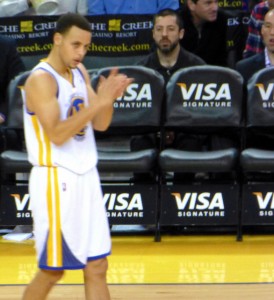
Image by: Matthew Addie @ heel sports
I love that it’s assumed there would be consequences. Hmmm, I’m not much of a star idolizer. I guess my top choice would be Steph Curry. I’d obviously watch him shoot for a while, but then we’d have to go out, so I could see all that fashion in action.
A runner-up would be my brother Dylan in Oakland. It’s been too long since we partied together, and there are always consequences when we do lol! He recently turned a love and talent for music into a producing gig, so I’d want to go to one of the DJ shows he puts together. I like seeing people doing what they’re passionate about, and when it’s a family member, it’s even better.
8. What is your favorite Television show of All-Time? (If you don’t have one perhaps a movie, or book?)
OK, this ‘favorite’ question I’ll answer. A couple of years ago someone from football twitter posed a “what are your five favorite TV shows” question, and the responses were way more enlightening than any personality test I have ever seen. Instantly you knew whether someone was your best friend, enemy, or casual acquaintance from their answer. I loved it!
Here’s my top 4, in chronological order: The West Wing, Survivor, Friday Night Lights, and Breaking Bad. I fall apart trying to choose a 5th. A lot of options: Simpsons, Magnum PI, 90210, Sopranos, Six Feet Under, Modern Family… but none are quite it. Definitely not Lost or Dexter though, I didn’t even finish either of them. I figure I must be keeping that last spot open for the next perfect show that will come along ;).
One plug for an upcoming article?
One of the most intriguing debates going on in sports is that between those that use film to evaluate football players for fantasy, and those that use statistics to evaluate players. This debate is needlessly harsh, in my opinion, and I won’t be settling it. BUT, I am working on a two-part series in which I examine 1) how/why the brain, and really the visual system, is optimally suited to understand and interpret even limited video clips of a player in a way that crunching numbers can never equal. This will be followed up by 2) a look at how the very same system is prone to bias and why the responsible use of statistics eliminates some of these biases. This work will be published at DraftSharks.com later this month.
Link to buy my book, as well as links to many of my articles: www.unbiasedfantasysports.com
Twitter: @reneemiller01


